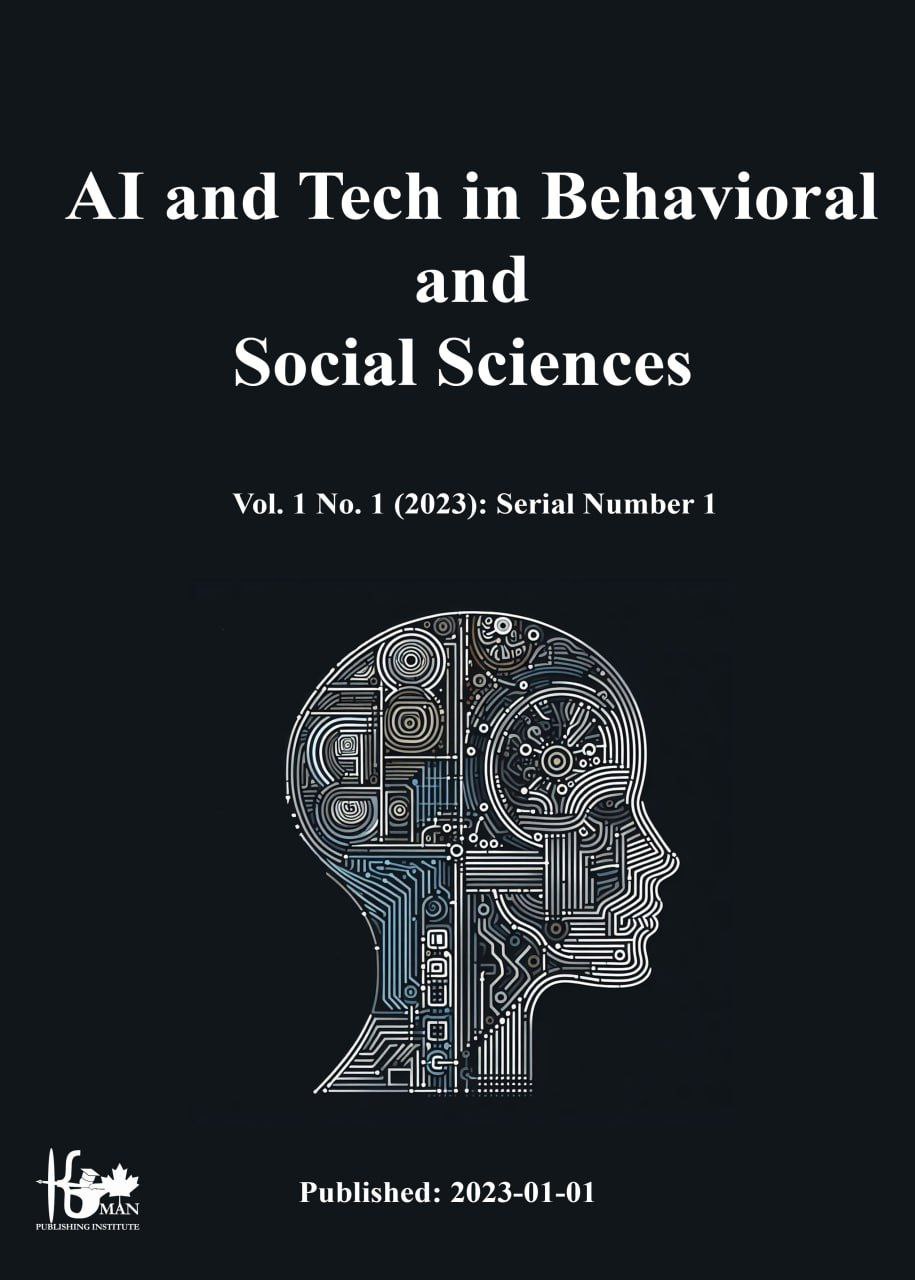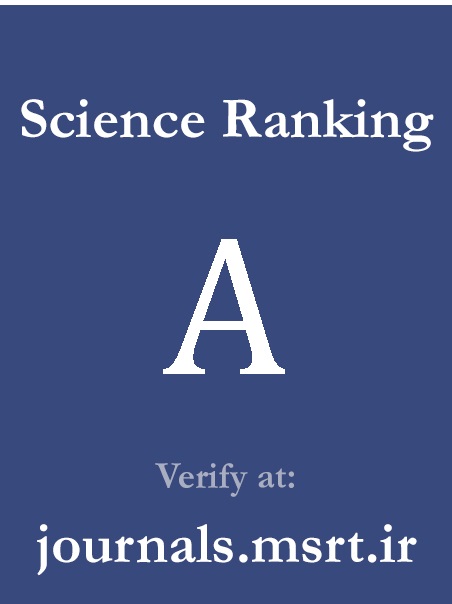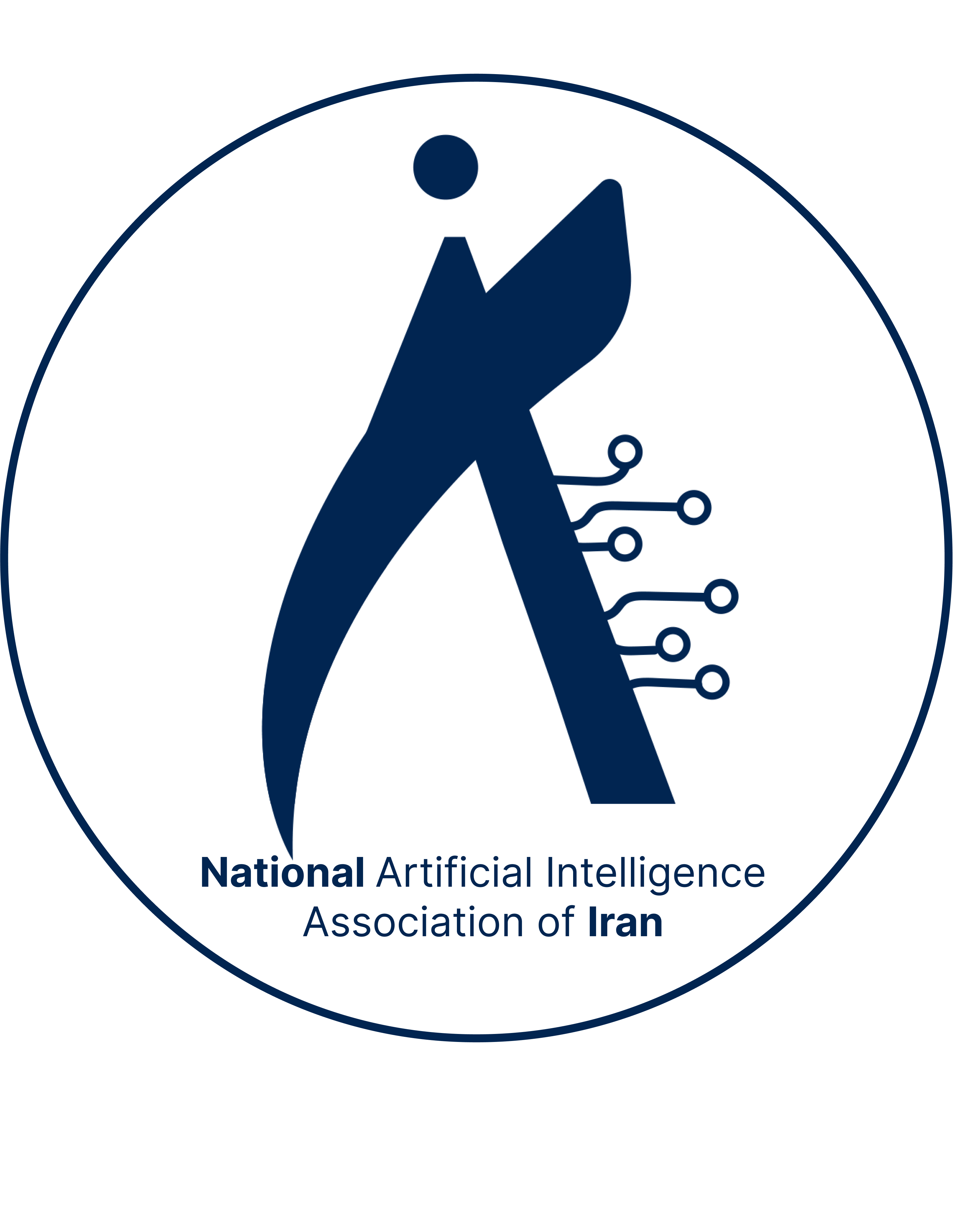The Dynamics of Online Fandom Communities: A Qualitative Study on Engagement and Identity
Abstract
This study aims to explore the dynamics of online fandom communities, focusing on how these digital platforms influence engagement patterns, identity formation, community dynamics, motivations for participation, and the challenges and issues faced by members. It seeks to contribute to the existing literature by providing a comprehensive analysis of the multifaceted experiences of individuals within these communities. A qualitative research design was employed, utilizing semi-structured interviews with 33 participants actively involved in various online fandom communities. Thematic analysis was conducted to identify key themes and categories related to engagement, identity, and community dynamics. The study adhered to ethical guidelines, ensuring participant confidentiality and informed consent. The analysis revealed five main themes: Engagement Patterns, Identity Formation, Community Dynamics, Motivations for Participation, and Challenges and Issues. Engagement Patterns highlighted content creation, community interaction, and event participation. Identity Formation encompassed personal identity, group identity, and roles within the community. Community Dynamics focused on inclusion and exclusion, conflict and resolution, and support and solidarity. Motivations for Participation identified escapism, social connection, and skill development as key drivers. Challenges and Issues discussed toxic behaviors, identity safety, and content disputes. Online fandom communities play a significant role in shaping individuals' engagement patterns, identity formation, and community dynamics. These communities provide a supportive environment for creative expression, social interaction, and personal growth. However, challenges such as toxic behaviors and identity safety concerns highlight the need for effective community management and support mechanisms. The findings underscore the complexity of online fandom participation and its impact on individual and collective identity construction.








